Yesterday, after the first round of voting, from 9 candidates, only Mr. Ishiba (67 years old) and Minister of Economic Security Sanae Takaichi (63 years old) entered the "final round". In the end, Ms. Takaichi was unable to make history as the first female prime minister of the land of the rising sun.
Portrait of the new Prime Minister of Japan
Mr. Ishiba won to become LDP President. Since LDP is in power, of course Mr. Ishiba will replace Mr. Kishida to become Prime Minister of Japan.
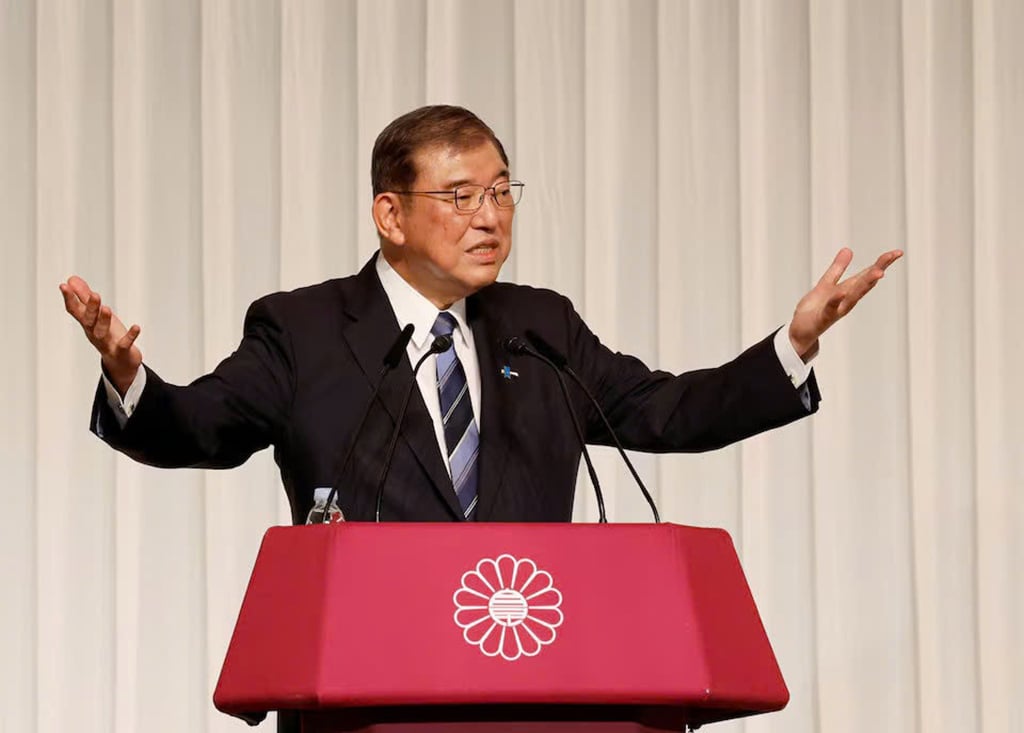
New LDP President Shigeru Ishiba at a press conference on September 27.
Entering the Japanese parliament in 1986, Mr. Ishiba gradually became an influential figure in the LDP, serving as Minister of Defense and several other ministries. However, in previous competitions for the LDP leadership, Mr. Ishiba failed. Being elected LDP President puts Mr. Ishiba in charge of solving many difficulties that the party is facing after a series of scandals leading to a lack of public confidence, as well as internal factionalism. Not only that, he also has to find ways to solve economic difficulties, especially high inflation, which his predecessors have not been able to handle effectively. Mr. Ishida has declared that he will open a "complete escape" for inflation in Japan.
In addition, he believes that Japan should reduce its dependence on nuclear energy and move towards renewable energy. In terms of foreign affairs, Mr. Ishida called for the formation of an Asian version of the NATO military alliance to counter threats from China and the DPRK. However, he also expressed Japan's intention to reduce its military dependence on the US and increase Tokyo's role in the region.
It is expected that Mr. Ishiba will officially become Prime Minister of Japan from October 1.
Responding to Thanh Nien last night, Professor Yoichiro Sato (international relations expert, Ritsumeikan Asia-Pacific University, Japan) commented: "Mr. Ishiba's victory shows the decline in influence of strong-minded members of the late Prime Minister Shinzo Abe's faction in the LDP. Therefore, the Japanese public is unlikely to give much support to Mr. Ishiba in the upcoming lower house election. Therefore, the current alliance between the LDP and the centrist Komeito Party in the parliament will probably last." However, according to Professor Sato, Mr. Ishiba has experience working with many local leaders in Japan, which is also an advantage.
Foreign policy going forward
Regarding foreign affairs, Professor Sato commented: "Mr. Ishiba's long-standing interest in security issues is a "great asset" in the Japanese leadership at the present time when tensions are escalating. Mr. Ishiba will likely stick to the pragmatic foreign policy path outlined by his predecessor Kishida. Japan will take advantage of the "Quad" framework (including the US - Japan - Australia - India) and other bilateral and multilateral cooperation to balance the rise of China. At the same time, Mr. Ishida will probably continue to promote regional economic prosperity through continued dialogue with Indo-Pacific partners including China."
Also responding to Thanh Nien , Professor Stephen Robert Nagy (International Christian University - Japan, scholar at the Japan Institute of International Affairs) predicted: "The election of former Defense Minister Ishiba as President of the LDP and then Prime Minister of Japan will ensure continuity in the country's defense and foreign policy. That means the new cabinet will continue to strengthen the Japan-US alliance, enhancing partnerships through agreements such as the reciprocal access treaty with Australia and the UK."
"Japan will also continue to engage in extensive cooperation with Southeast Asian countries such as Vietnam and the Philippines to strengthen diplomatic and economic relations with the region," Professor Nagy predicted.
In addition, Professor Nagy added: "Mr. Ishiba once talked about an "Asian NATO". This is unlikely to come true because the Indo-Pacific lacks unity and countries do not want to stand on one side against any other country. However, in the near future, NATO and its partners Japan, South Korea, Australia and New Zealand may cooperate more to deal with challenges in the Indo-Pacific".
Source: https://thanhnien.vn/doi-ngoai-nhat-ban-duoi-thoi-nguoi-muon-thanh-lap-nato-chau-a-185240927205121694.htm


![[Photo] Prime Minister Pham Minh Chinh starts construction of vital highway through Thai Binh and Nam Dinh](https://vphoto.vietnam.vn/thumb/1200x675/vietnam/resource/IMAGE/2025/5/12/52d98584ccea4c8dbf7c7f7484433af5)

![[Photo] Prime Minister Pham Minh Chinh receives Swedish Minister of International Development Cooperation and Foreign Trade](https://vphoto.vietnam.vn/thumb/1200x675/vietnam/resource/IMAGE/2025/5/12/ae50d0bb57584fd1bbe1cd77d9ad6d97)

![[Photo] Prime Minister Pham Minh Chinh works with the Standing Committee of Thai Binh Provincial Party Committee](https://vphoto.vietnam.vn/thumb/1200x675/vietnam/resource/IMAGE/2025/5/12/f514ab990c544e05a446f77bba59c7d1)

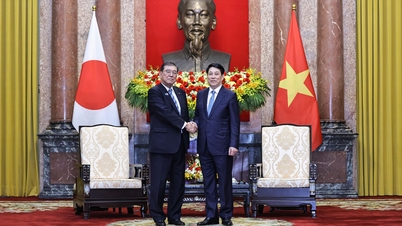

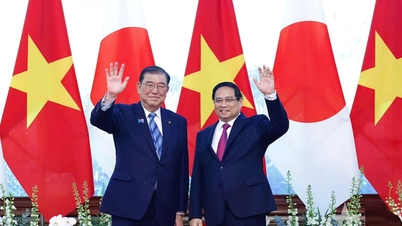








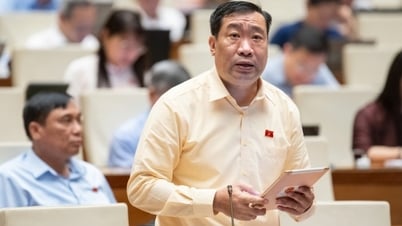
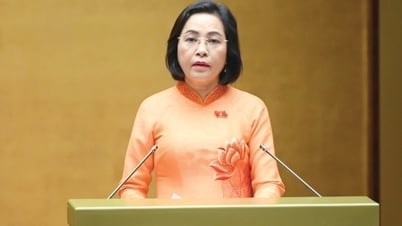










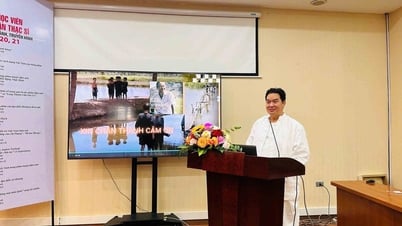

































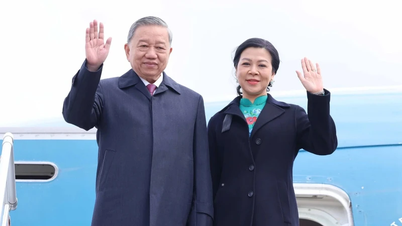
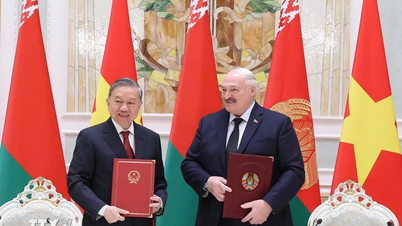
















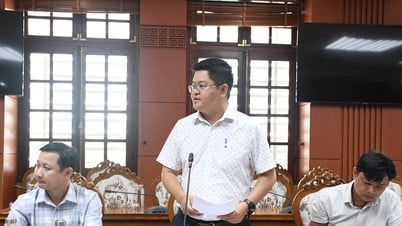
















Comment (0)